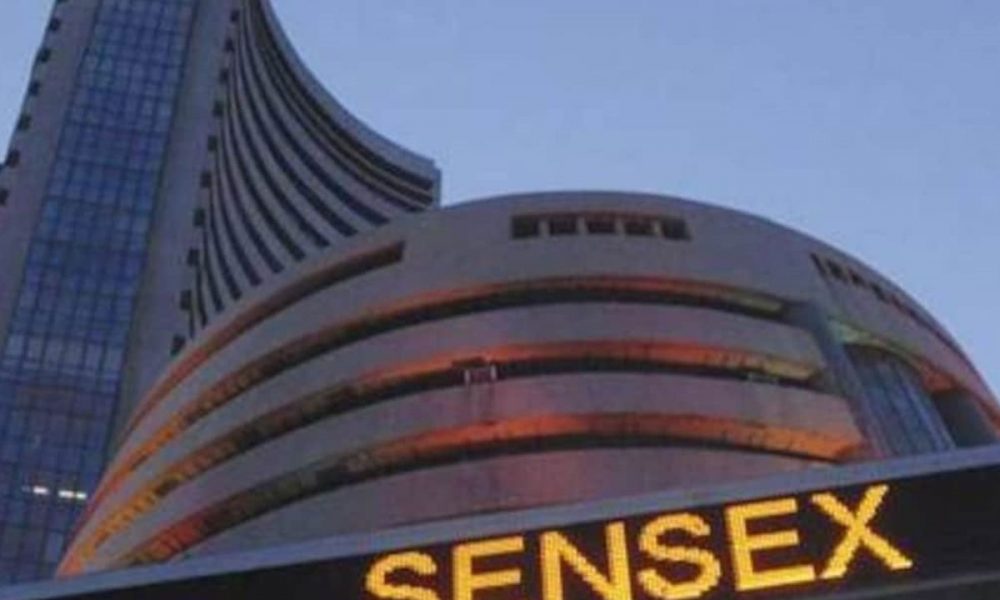
New Delhi: The Indian stock indices started the fresh week largely steady as the benchmark indices – Sensex and Nifty – traded in a range of (+/-) 0.1 from Friday’s closing. Among the Nifty 50 stocks, 30 were in the green and the rest in red, National Stock Exchange data showed. “Growth impulses in India are strong. Leading indicators like bank credit growth, capacity utilization in manufacturing, automobile demand etc suggest an economy in the strong rebound.
Financials, capital goods and construction are on a strong wicket. Pharma and FMCG are stable. Robust jobs data in the US bodes well for the IT sector,” said V K Vijayakumar, Chief Investment Strategist at Geojit Financial Services.
Meanwhile, the rally in Indian stock indices has been continuing for the past three weeks on account of the return of foreign portfolio investors after nine long months as well as inflation seemingly plateauing. Foreign portfolio investors becoming net buyers in Indian stock markets again after nine long months renewed the investors’ sentiment.
In July, FPIs bought equities worth Rs 4,989 crore and became net buyers after nine months, National Securities Depository (NSDL) data earlier showed.

In the past one month, the indices – Sensex and Nifty – gained around 7-8 per cent each, respectively. Notably, the Indian stocks recorded their best weekly performance during the week to July 22 marking its best week since February 2021.
On a macroeconomic front, this week will be jam-packed for investors as the focus of Indian stock market investors will now shift from monetary policy to inflation data, both in India and the US, expected later this week.
For the record, the monetary policy committee of the Reserve Bank of India has unanimously decided to raise the repo rate by 50 basis points to 5.40 per cent in order to contain the persistently high inflation. The hike takes the repo rate above pre-pandemic levels of 5.15 per cent. The three-day monetary policy committee meeting commenced on Wednesday.
Raising interest typically suppresses demand in the economy, thereby helping inflation to decline.
In line with the global trend of monetary policy tightening to cool off inflation, the RBI has so far hiked the key repo rates — the rate at which the central bank of a country lends money to commercial banks — by 140 basis points.




